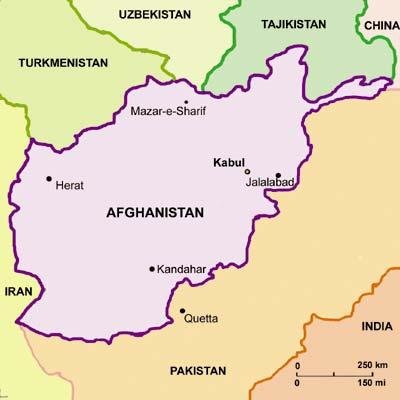The Ministry of Agriculture, Irrigation, and Livestock of the Islamic Emirate of Afghanistan has announced the approval of a five-year alternative livelihood plan aimed at providing lawful and sustainable economic opportunities for the country’s farmers. This initiative follows the decree of the Islamic Emirate’s leadership banning the cultivation of poppy, TOLOnews reported.
According to the ministry, the implementation of this plan and the development of value chains in agricultural products will require approximately 4.79 billion Afghanis. It is expected that 149,900 farmers will benefit directly and more than 1.049 million others indirectly from the program.
Sher Mohammad Hatami, spokesperson for the ministry, stated: “This plan is designed to provide halal and sustainable economic opportunities for farmers in the sectors of agriculture, livestock, natural resources, and irrigation.”
The plan includes projects focused on orchard development, grain production, livestock growth, irrigation system improvements, establishment of greenhouses, and training centers for farmers.
The ministry also emphasized that based on Afghanistan’s climatic and economic assessments, crops such as saffron, asafoetida (hing), cotton, wheat, and other agricultural products have been introduced and promoted as alternatives for farmers.
Hatami said that “the Ministry of Agriculture, Irrigation, and Livestock of the Islamic Emirate of Afghanistan remains committed to supporting and guiding farmers toward legitimate, sustainable, and blessed agricultural production.”
